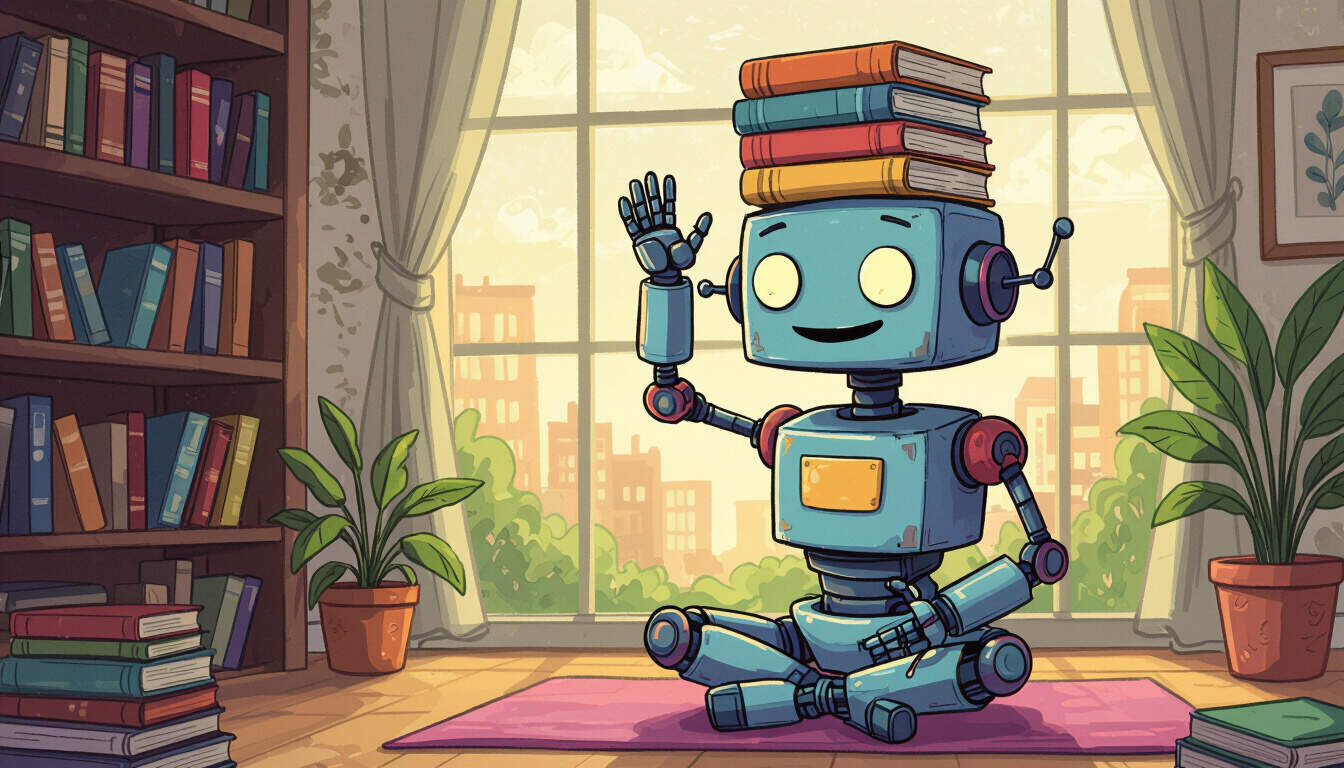Building Future-Proof Skills with Mental Models
 by Lilian Nienow
by Lilian Nienow
Explore how mental models can help develop skills that adapt to change, drawing from psychology and cognitive strategies. This article examines practical ways to foster adaptability and lifelong learning for professional growth.

Mental models serve as essential frameworks for developing skills that withstand shifts in technology and society. These cognitive tools shape how individuals process information and make decisions in uncertain environments. For instance, one key mental model involves viewing challenges as opportunities for growth.
In the context of psychology, the idea of a growth mindset stands out as a foundational approach. This mindset encourages the belief that abilities can improve through effort and experience. By applying this model, professionals can approach new tasks with resilience, turning potential setbacks into learning moments. A growth mindset not only aids personal development but also enhances team dynamics in business settings.
Applying Mental Models in Business
Business strategies often rely on mental models to anticipate trends and adapt quickly. For example, the concept of systems thinking allows people to see interconnections between elements, helping to predict outcomes in complex scenarios. In a fast-paced market, this model helps identify patterns and adjust plans accordingly. Using systems thinking, leaders can build teams that respond effectively to changes.
Another valuable model is inversion, which flips problems to explore potential failures first. This technique reveals hidden risks and strengthens decision-making processes. By practicing inversion, individuals can create more reliable strategies for career advancement. It complements cognitive development by promoting proactive planning.
Cognitive Development Through Practical Exercises
Cognitive development benefits greatly from mental models that emphasize continuous learning. One effective method is the Feynman technique, where complex ideas are simplified and explained as if teaching a beginner. This approach deepens understanding and exposes knowledge gaps. Through the Feynman technique, learners can retain information more effectively and apply it to real-world situations.
To make this actionable, consider incorporating daily routines. Start with short reflection sessions to review decisions using a chosen mental model. For instance, after a project, apply inversion to assess what could have gone wrong and how to avoid it next time. These habits build adaptability over time, ensuring skills remain relevant.
Real-World Examples of Success
In psychology, studies show that individuals who adopt certain mental models perform better under pressure. Take the example of athletes who use visualization to prepare for competitions. This model involves mentally rehearsing scenarios to build confidence and refine skills. Visualization has helped many achieve peak performance by simulating outcomes before they occur.
In business, companies like innovative tech firms have thrived by embracing mental models such as marginal thinking. This involves evaluating the additional benefits of small changes, leading to efficient resource allocation. Marginal thinking guides decisions on investments and expansions, fostering sustainable growth.
For cognitive development, lifelong learners often use the concept of spaced repetition. This model spaces out review sessions to reinforce memory over time. Spaced repetition transforms how knowledge is retained, making it easier to acquire new skills in evolving fields.
Overcoming Common Challenges
Many face hurdles when trying to integrate mental models into daily life. Distractions and information overload can slow progress, but focusing on one model at a time helps build momentum. For example, starting with a growth mindset can create a strong base before adding others.
Professionals in various fields report that combining mental models leads to better problem-solving. In education, teachers use these tools to design curricula that promote critical thinking. Similarly, in creative industries, artists apply models like analogy to draw parallels between unrelated ideas, sparking innovation.
Building a Personal Toolkit
To future-proof skills, create a personalized set of mental models. Begin by listing three key ones that align with your goals, such as systems thinking for business or visualization for personal challenges. Track progress through a simple journal, noting how each model influences decisions.
Over time, this practice enhances cognitive flexibility, allowing adaptation to new technologies and roles. For instance, in healthcare, practitioners use mental models to improve patient care by anticipating needs and adjusting approaches.
In summary, integrating mental models into everyday routines offers a clear path to developing enduring skills. By focusing on psychology-based approaches and cognitive strategies, individuals can navigate change with greater ease. These tools empower curious minds and professionals alike to thrive in dynamic environments, ensuring long-term success.
